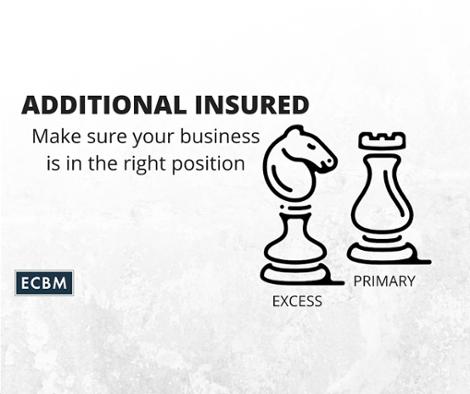
No one wants to have to submit a claim to their insurance company. For businesses, claims can mean increased costs, increased hassle, and loss of control. That unpleasantness can lead to delays and avoidance when handling issues and accidents that could turn litigious. Effective claims management means taking proactive approaches to these issues at an early point- as a set up for the best possible outcome.
Language Is Important In Early Stages Of Claims Management
The wording of a plaintiff’s initial complaint can demonstrate the importance of taking proactive approach to claims handling. The allegations contained in the plaintiff’s complaint will trigger (or fail to trigger) the insurance company’s duties to defend and indemnify a company. Where a disputed coverage exists, subtle differences in the wording of a complaint may determine whether a business has coverage in the event they lose the lawsuit or whether the business will bear the full burden of an adverse judgment.
Negotiating The Best Coverage For A Claim
Additionally, where coverage for an incident may fall in a grey area between two policies, simple, seemingly unimportant words in the complaint may decide which policy is triggered. This can have an important impact on the financial consequences of the claim for a business. If one policy has significantly larger limits, it would obviously benefit both the plaintiff and the business for that policy to govern the loss.
Starting Down A Path Of Best Management Of The Overall Cost Of A Claim
Alternatively, one policy may provide that the cost of defending a lawsuit counts against the policy limits while the other policy considers defense costs outside the limits of the policy. A business would prefer to have the loss governed by the policy that did not count defense costs against policy limits, as it would avoid the potential for a situation where legal fees consumed the amount available to indemnify the injured party, leaving the business to cover those costs out of pocket.
Be Fluent In The Typical Claims And Needed Coverage For You
Being aware of these issues and preparing for them in advance can put an organization in a better position to direct more positive outcomes. A business may appear to have limited control over the allegations made by the plaintiff in filing a lawsuit. At the same time, such lawsuits are rarely filed entirely out of the blue. A proactive business can use the time between an accident and a lawsuit to frame the issues involved for all parties, including both the potential plaintiff and for the insurance company. Investigating claims early may also provide a business with the evidence to show that the loss should be covered at the early stages of lawsuit, avoiding even more protracted litigation.
Reducing The Overall Costs
Ultimately, avoidance and delay rarely solve problems. A willingness to tackle problems head on and aggressively can go a long way to resolving potential lawsuits with a minimum of hassle and more importantly, a minimum of expense.



